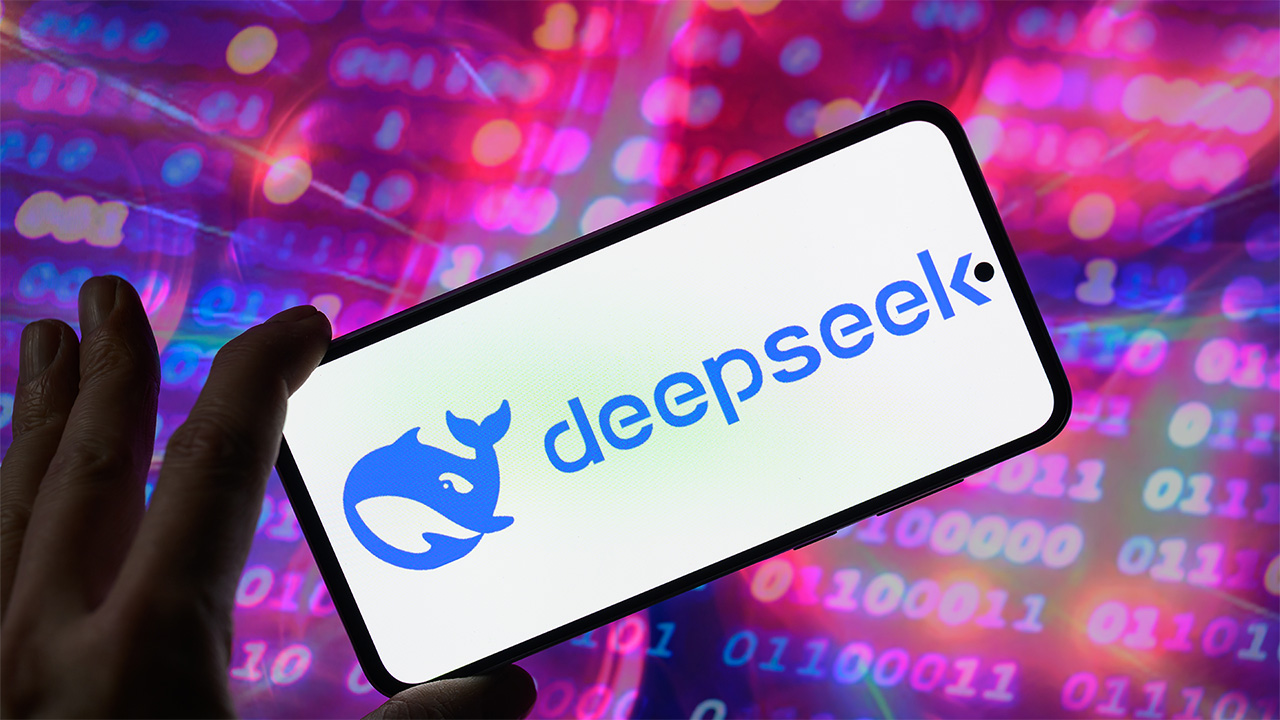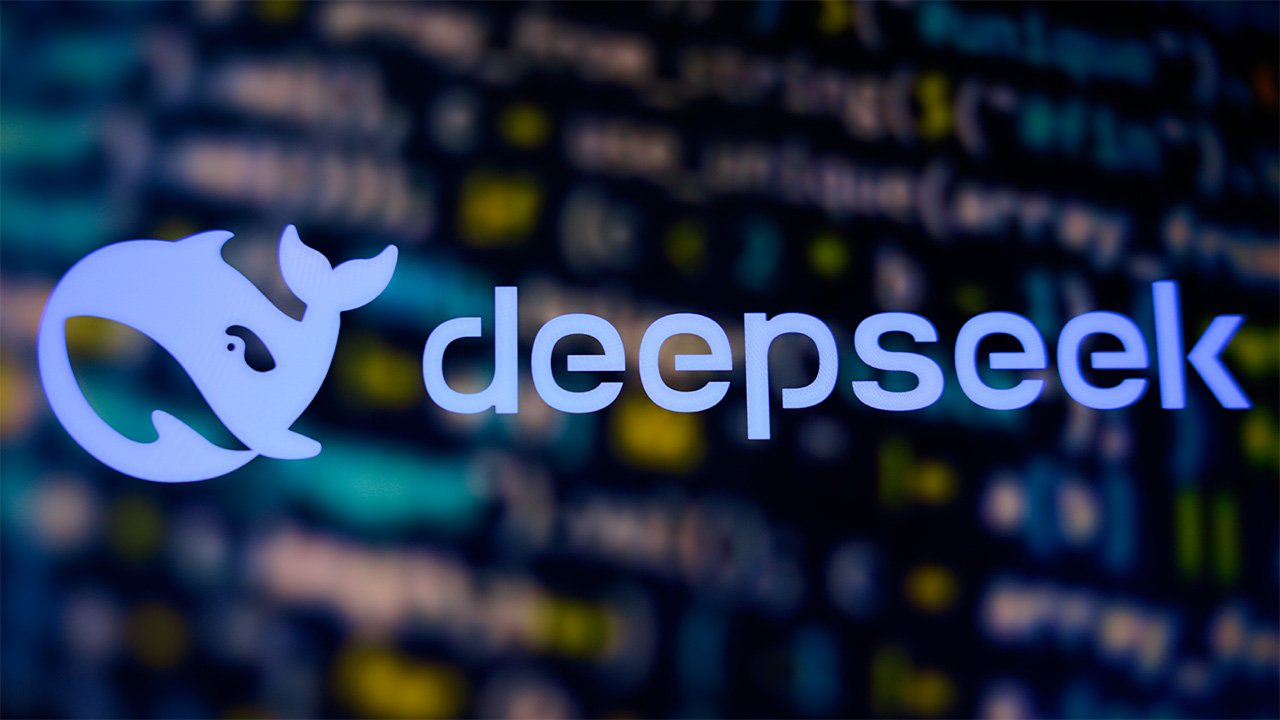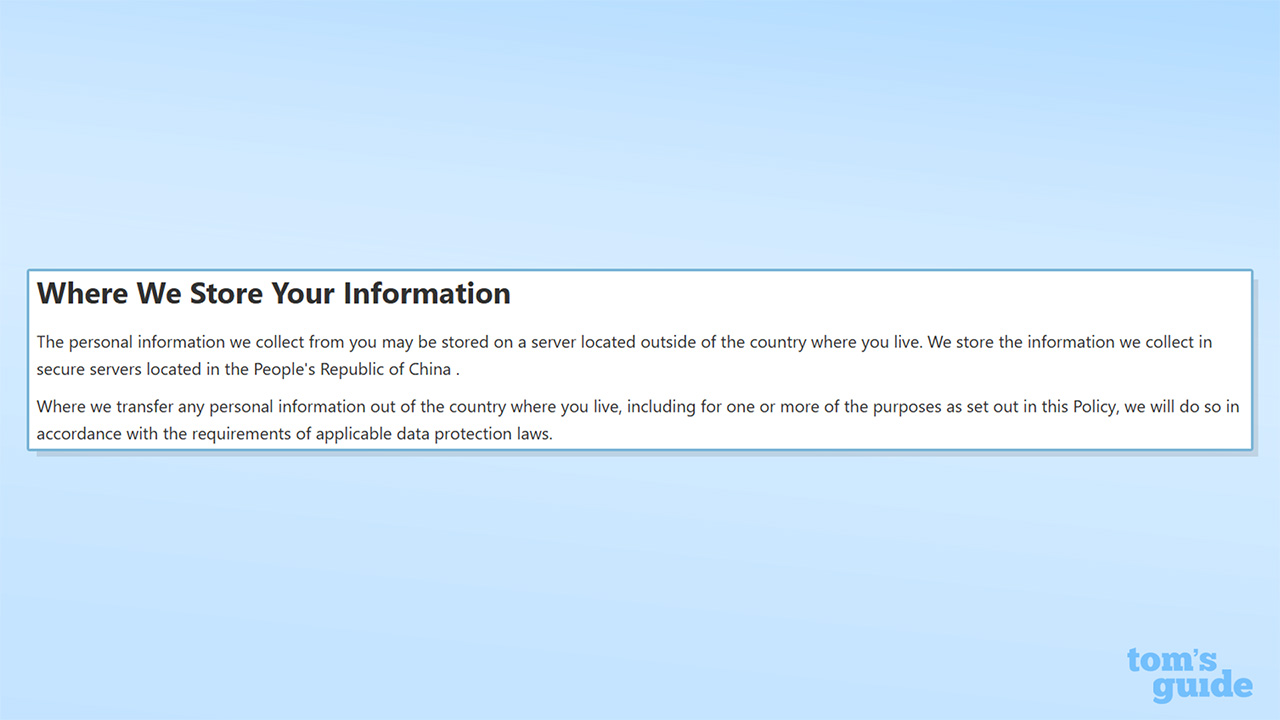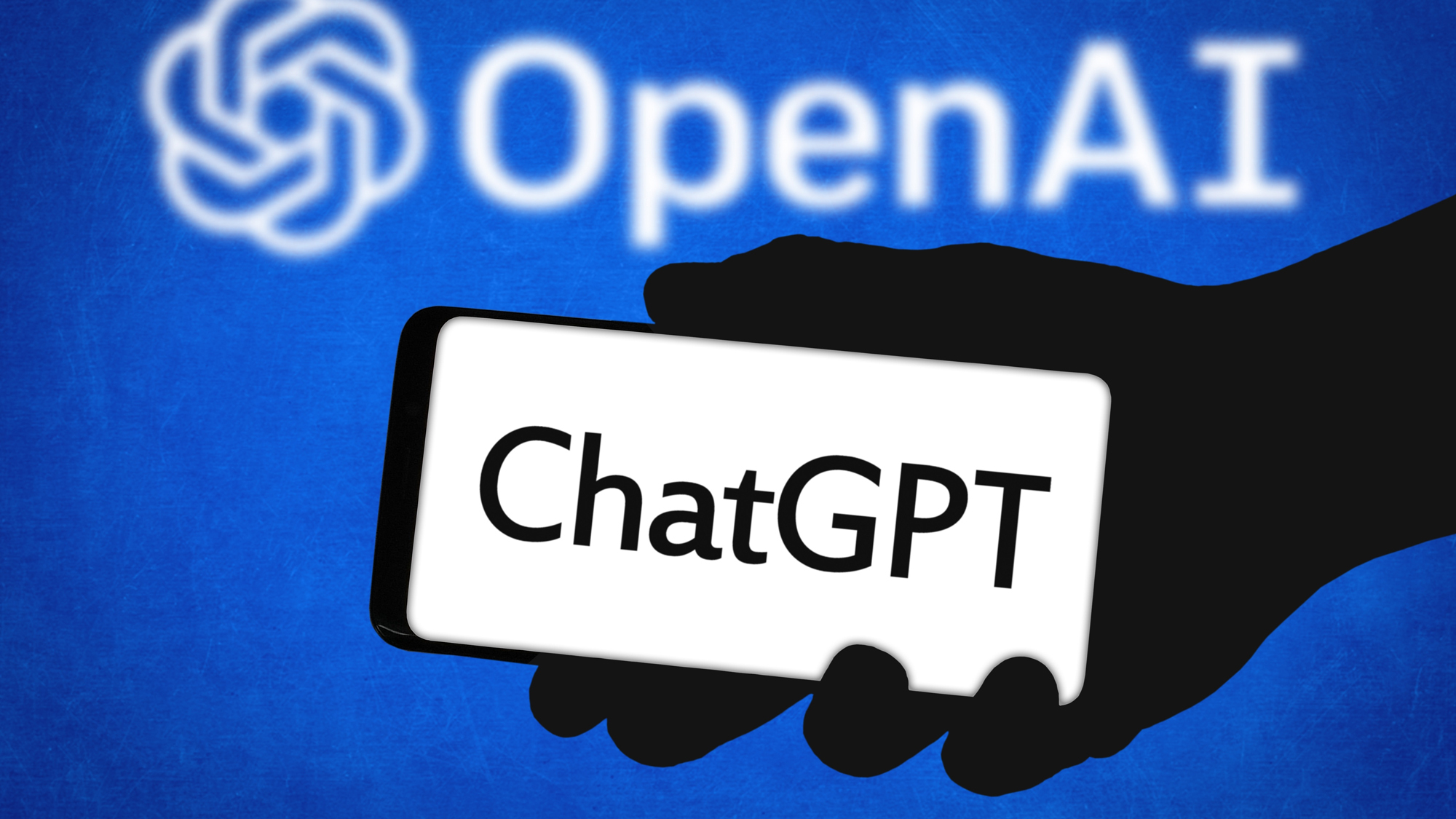Massive DeepSeek data leak exposes sensitive info for over 1 million users — what you need to know
More vulnerabilities have been found in the Chinese AI tool

DeepSeek's troubles continue to persist as the discredited AI app suffered a mass data leak, exposing the sensitive records of over one million users.
Researchers accessed a publicly accessible database belonging to DeepSeek which allowed full control over database operations – including the ability to access internal data.
The best VPNs are often seen as an effective protector against privacy and security risks, but they will struggle to mitigate the dangers of DeepSeek.
This is not the first cybersecurity attack DeepSeek has suffered, falling victim to a large-scale attack just a week after it launched. Experts have expressed serious concerns over DeepSeek's privacy and security practices, and many have asked if DeepSeek is safe to use.
DeepSeek has now been banned by numerous countries and organizations, and the latest data leak simply reinforces the dangers the app poses.
One million users affected
Following DeepSeek's rapid rise in popularity, cloud security company Wiz investigated the app's security credentials and looked to identify any potential vulnerabilities.
Two databases were exposed with over one million lines of log streams containing chat history, API Keys, backend details, and other highly sensitive information was uncovered.
More critically, the exposure allowed for full database control and potential privilege escalation within the DeepSeek environment.

The issues centred around a public ClickHouse database which was accessible without any authentication required. Wiz reported that it was able to run commands in the HTTP interface which allowed direct execution of SQL queries.
A simple "SHOW TABLES" query revealed a list of accessible data sets, with the "log_stream" table containing the highly sensitive log entries data.
Anyone with an internet connection could have accessed the data and this raises significant red flags regarding DeepSeek's data management methods and privacy law compliance.
There are concerns over who could've gained access to this data and its potential exploitation by cybercriminals. There are also concerns of whether DeepSeek's AI training models could be exposed and subsequently manipulated by malicious actors.

DeepSeek's privacy policy states it stores data on servers in China, but doesn't say whether this is encrypted or how it is protected. It only says that it maintains "commercially reasonable technical, administrative, and physical security measures that are designed to protect your information from unauthorized access, theft, disclosure, modification, or loss."
Following its discovery, Wiz disclosed the issue to DeepSeek, which moved quickly to secure the exposure
What DeepSeek users should look out for
If you're a DeepSeek user and are worried about a possible data leak then you should remain vigilant and look out for any suspicious activity with your accounts. Phishing attempts and exposing yourself to malware is possible, so extra care should be taken when opening any unfamiliar messages.
You should change your passwords, create strong, secure ones and we'd recommend using one of the best password managers for this. Also consider setting up two-factor authentication (2FA) for additional security.
Some VPNs come with additional features designed to protect against data leaks. ExpressVPN has Identity Defender and NordVPN has NordProtect. Both offer cyber insurance of up to $1 million and assistance in recovering any funds lost to a data breach.
They also offer forms of ID alerts which monitor the web for your leaked data and alert you if it is found.
Identity Defender includes a data removal service, which will automatically contact any data brokers found to have records of your data and request its deletion. Incogni is one of the best data removal services and is included as part of Surfshark's One+ plan.
Disclaimer
We test and review VPN services in the context of legal recreational uses. For example: 1. Accessing a service from another country (subject to the terms and conditions of that service). 2. Protecting your online security and strengthening your online privacy when abroad. We do not support or condone the illegal or malicious use of VPN services. Consuming pirated content that is paid-for is neither endorsed nor approved by Future Publishing.

George is a Staff Writer at Tom's Guide, covering VPN, privacy, and cybersecurity news. He is especially interested in digital rights and censorship, and its interplay with politics. Outside of work, George is passionate about music, Star Wars, and Karate.
-
Caburkes Interesting pattern suddenly happened since the DeepSeek/Market awareness: DeepSeek was struck by an attack. Now a massive data leak. At the same time, suddenly Meta is letting us know in sweeping ads that their AI is free and “open source” like never before. Ladies and gentlemen: welcome to the AI Cold War.Reply
It’s revealing AI doesn’t cost as much as the billionaires want us to think. DeepSeek, unfortunately Chinese, revealed America just ain’t everything. All it will take now is someone like me from Atlanta Georgia to just make my own with Nvidia boards off eBay. -
Macsimus0 Right on. This feels very much like manufactured concern to me. I think deep seek is a bigger threat to American markets than any individual user. Much more serious data beaches have happened to American companies and my ssn was already leaked domestically in the summer in one. This hub hub is about capitalism not security. If it was really about security we wouldn't be having VPNs pushed on us when they don't offer any real protection from hackers either. My guess is that's about money as well.Reply
